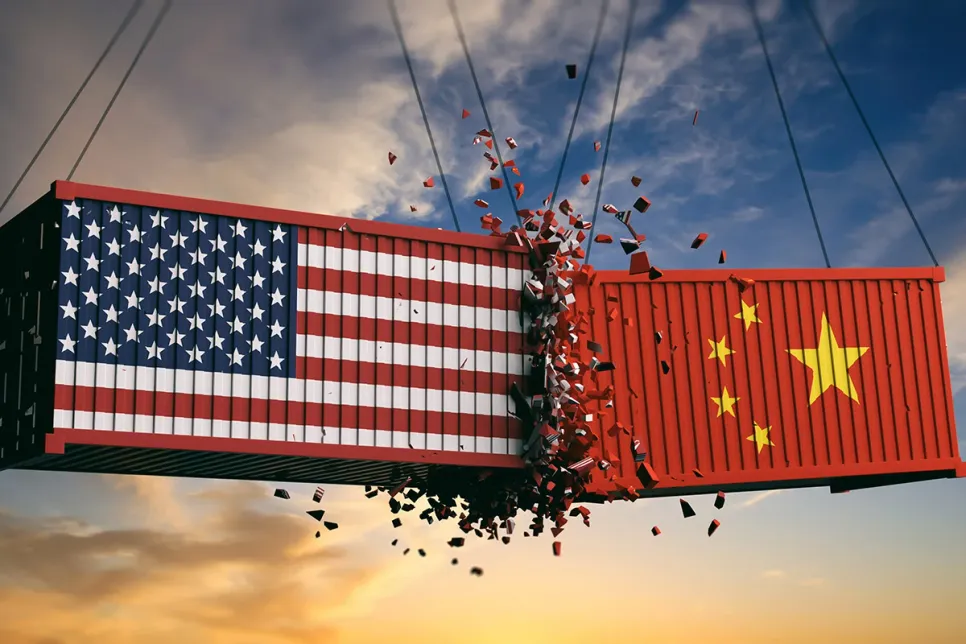Xiaomi Unveils New Premium Smartphones in Barcelona
Xiaomi unveiled its next-generation 17 Series of smartphones.

The US government is worried about China’s push to develop advanced computing chips. It warned that the use of mainland AI semiconductors, including Huawei’s Ascend ICs, risks violating its export controls and may subject companies to enforcement action.
The Commerce Department’s Bureau of Industry and Security issued guidance alerting US companies of the damage of using China-produced chips, which could result in substantial criminal and administrative penalties. The statement explained that the mainland chips were likely developed or produced in violation of US export controls. It added that such chips are likely either designed with certain US software or technology or produced with equipment that is the direct product of certain US-origin software or technology, which would require an export licence to reach China.
The restricted activities include the use of such chips to train AI models for entities headquartered in China. It specifically lists the Ascend 910B, 910C, and 910D as likely being subject to US restrictions. Last month, Huawei started talks with customers to test the Ascend 910D chip, which it is positioning to be more powerful than Nvidia’s H100 chip, a semiconductor banned in China in late 2023. Huawei is blocked from importing 5G chips, and US restrictions have severely limited China’s chipmakers from importing the most advanced manufacturing systems.
Despite wide-reaching sanctions, in August 2023, Huawei shocked the industry by unveiling the Mate 60 Pro powered by its Kirin 9000s chipset. The homegrown processor was designed by the company’s chip unit, HiSilicon, and produced by SMIC using a 7nm process. The latest action comes at a critical time for China and the US, which are working to de-escalate the trade war, kicked off by steep tariffs on imports from the mainland.